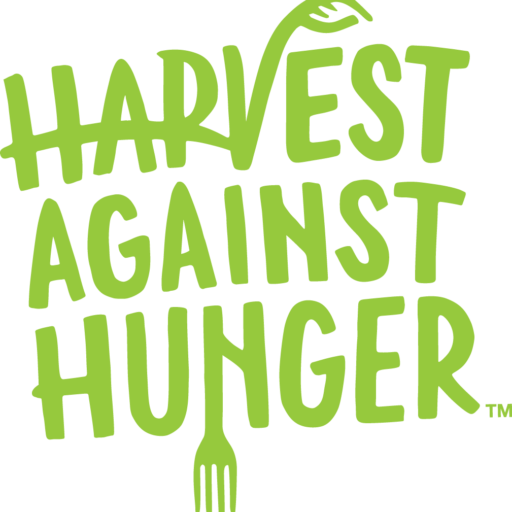How Can We Help?
Gardening
The gardens at the Koppel Community Garden in Pullman and at the CAC office building can be used to teach clients about how to grow their own food which promotes self-sufficiency. The gardens are also a great place to host large groups of volunteers for work days during the summer.
From the Community Educator program, the director of the Community Food department wanted to take the information presented in the cooking and gardening demos and create “demo kits”. These kits would contain all the necessary non-perishable supplies for putting on a demo such as paper work, teaching supplies, evaluation sheets, seeds, pack lists, info cards and pictures. These templates and boxes with appropriate supplies will be created to teach valuable lessons like canning, growing vegetables and reducing food waste. These kits will be useful within the remote areas of Whitman County as they will be easy to transport and anyone from Whitman County can rent them out to teach at their local community center. Some of the kits will highlight the use of commodity foods in creating healthy and flavorful recipes that can be demonstrated at food banks across the county.

The University of Washington and a local branch of the Church of Jesus Christ of Latter Day Saints has provided the gardening program in the Community Food department with consistent volunteers to help work in the community garden during the growing season. Without volunteers, the year two VISTA would not have been able to grow onions, garlic, potatoes, zucchini and pumpkins that were donated to the food bank. The “edible landscape” around the CAC office building provided over 100 pounds combined fresh cherries, beets, kale, kohlrabi, cauliflower, blueberries, grapes and tomatoes over the growing season. The methods and implements used in the gardens were documented on the CAC server and a physical log of the garden activity was kept as a reference for next year’s garden.The consistent work that needs to be done to upkeep the community gardens in the growing season can be best implemented by community groups and student groups who like to volunteer consistently. Large groups of 10 or more people work well doing gardening chores and there are many different types of tasks that can be done in gardening to suit those with limited mobility or limited experience.
AmeriCorps was able to provide a Summer Associate position at the CAC to assist with the management of volunteers around the gardening program in the summer of 2019. This Associate worked for about two months alongside the year two VISTA in ensuring that the gardens at the CAC and at the community garden were watered, weeded and harvested in a timely manner. After the Summer Associate’s term ended, the Community Food department was able to bring on a part-time intern from WSU to assist the year two VISTA in remaining garden activities to prepare for winter. The intern also helped to organize documents on the server for the Community Food department and other data entry tasks. The intern is planning to stay on at the CAC with the Community Food department as part of their class requirement for the entire school year.
The year two VISTA alongside the director of the Community Food department visited and consulted with local public schools who had collaborated with the Community Food department to create their own school vegetable garden. This project as well as collaboration with local “food forest” projects remain a Community Food project and local stakeholders will continue to collaborate with the director on future plans for these public sources of food.


